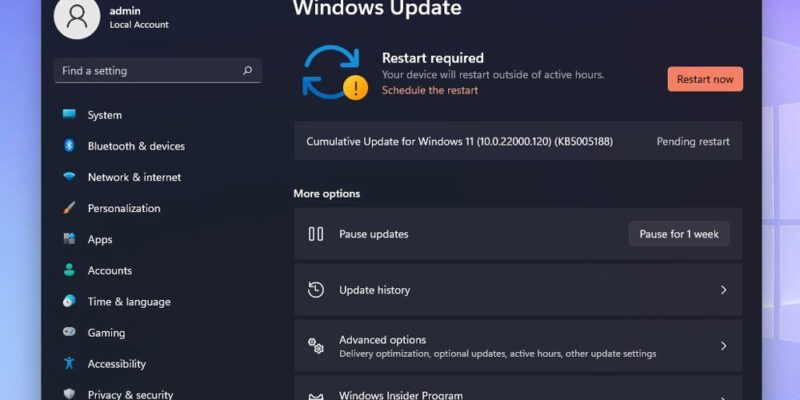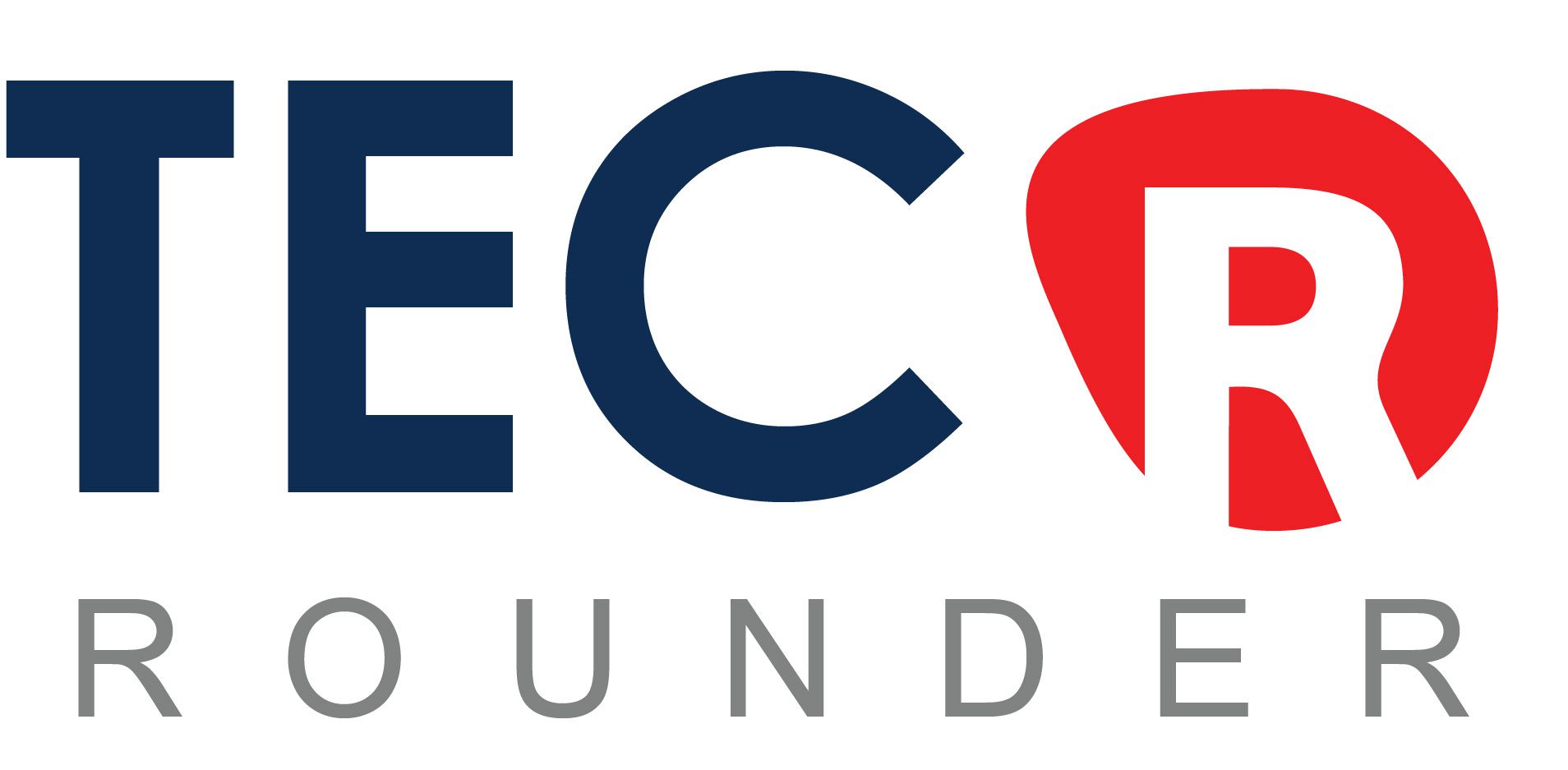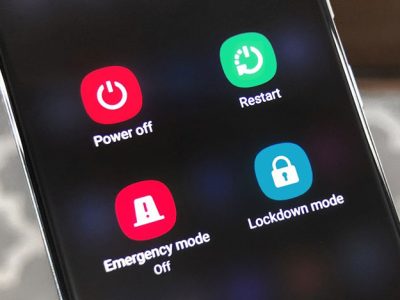
Windows 11 may soon no longer require a reboot when applying monthly security updates.
What You Need to Know
Microsoft is testing a new update technique for Windows 11 that will allow the operating system to apply essential upgrades without rebooting.
This technology, known as “hot patching,” has been in use on Windows Server and Xbox for some time.
Hot patching for Windows 11 is planned to be available with version 24H2 later this year.
If there’s one thing Windows users despise about Windows, it’s Windows updates that interrupt your workflow or gaming session with a popup requesting you to restart your PC to finish installing the newest security update. It happens at least once a month, as that is how frequently Microsoft releases security upgrades to Windows PCs.
This may soon be a thing of the past, as the company is now testing an update process known as “hot patching” for Windows 11 PCs. Hot patching is already in use on various Windows Server editions and Xbox, and it looks that Microsoft is working to introduce it to Windows 11 devices.
The most recent Windows 11 Dev Channel build is testing a rebootless security update on PCs with “Virtualization Based Security” activated. After installation, the Windows build string will be modified to “ge_release_svc_hotpatch_prod1.240211-0859.”
How does this work? According to Microsoft’s website, hot patching operates by “patching the in-memory code of running processes without the need to restart the process.”
According to my sources, Microsoft aims to employ hot patching in Windows 11 to deliver monthly security updates without forcing the user to restart. However, this does not ensure that you will never have to restart due to a waiting update again. Hot patching is based on a baseline update, which requires a reboot every few months.
This means that, in an ideal world, only four monthly security updates will necessitate a reboot per year: January, April, July, and October. The remaining months will be serviced using hot patching, which does not require a reboot. Of course, any critical security updates, bug fixes, and feature updates can be issued at any time and will still necessitate a reboot even outside of the specified months.
According to my sources, Microsoft plans to provide hot patching later this year, accompanying the introduction of Windows 11 version 24H2 for x86-64 PCs. If the plan holds, ARM64 machines will be able to implement hot patching by 2025. It is unknown whether hot patching would be available to all Windows 11 users or will be limited to Windows 11 commercial models such as Enterprise, Education, and Windows 365.

















